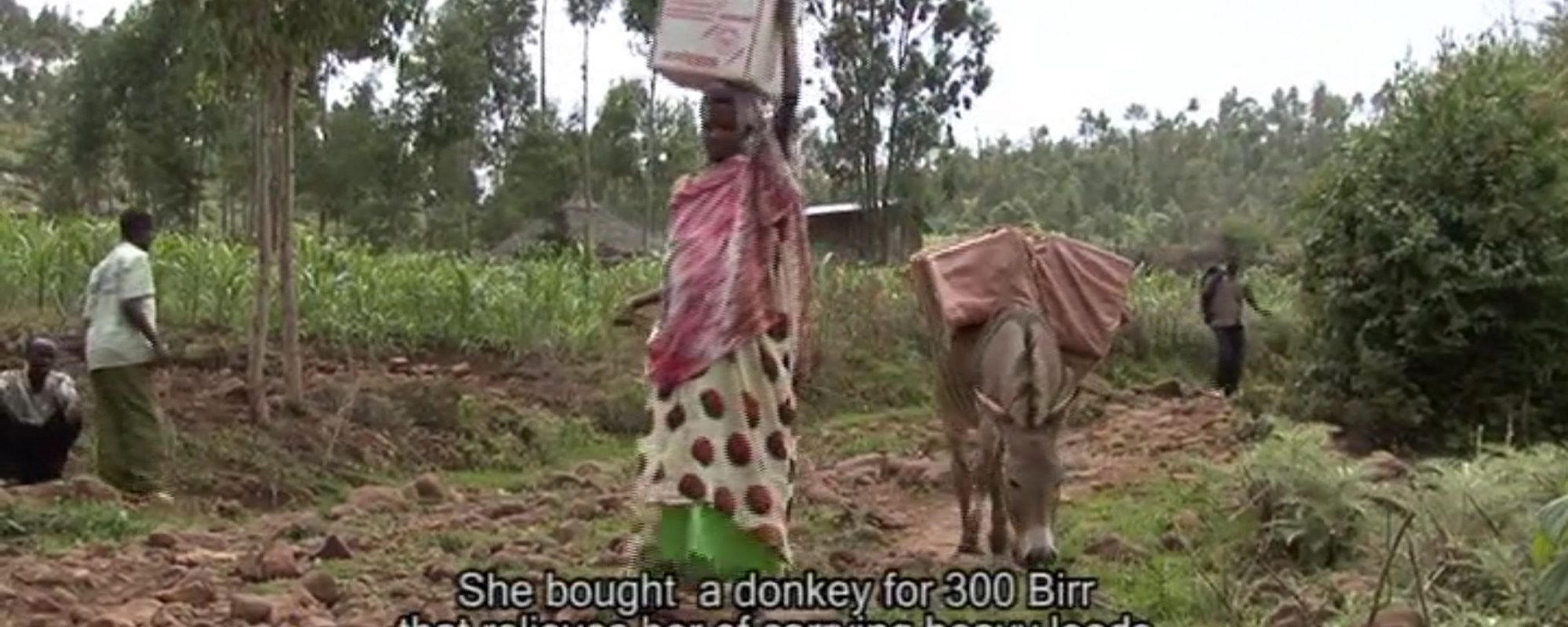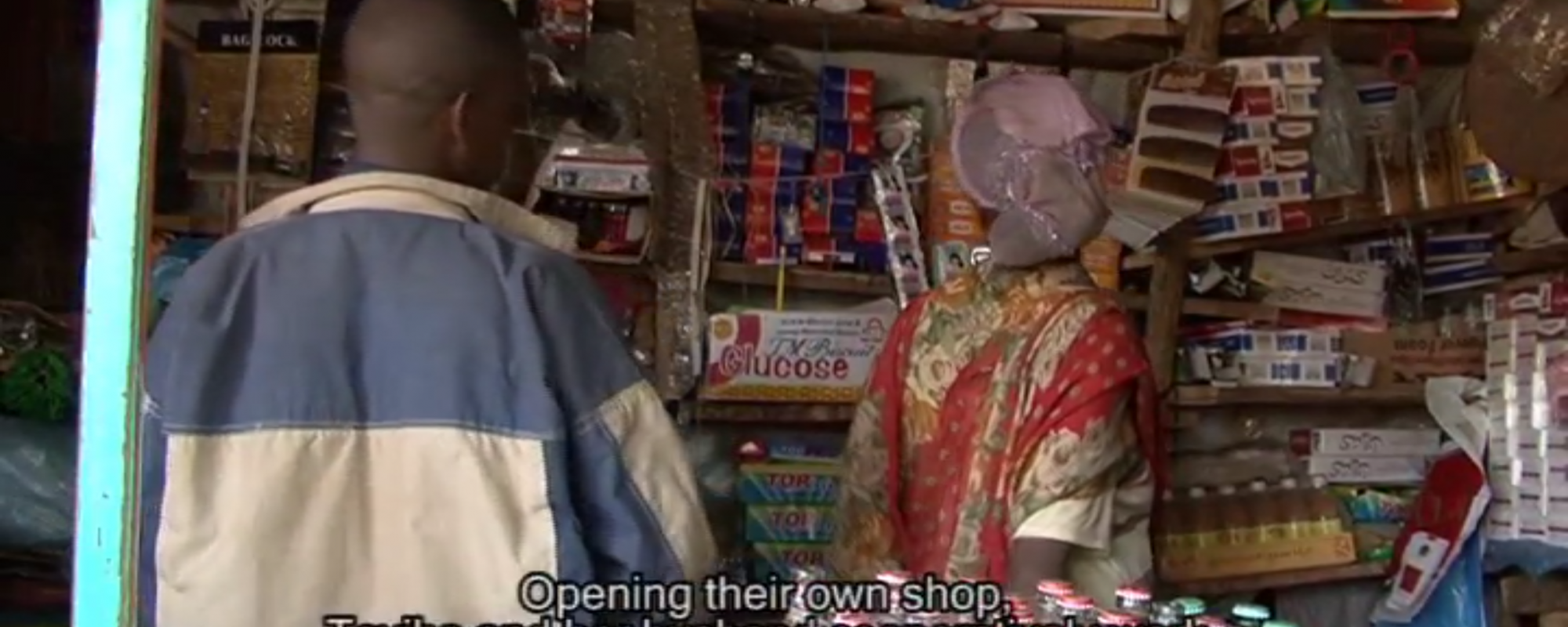Living in poverty for generations, being from lower status groups or having suffered discrimination lead to a belief that one cannot achieve a better future or change one’s outcomes. If people have lived in poverty for generations, are from lower status groups or have suffered poverty, insecurity and discrimination, they may believe that they have limited ability to change their circumstances (Feagin, 1972; Levenson, 1974). Social psychologists have demonstrated that motivation, aspirations, hope, sense of efficacy, and self-control are strongly correlated with economic success and that it is possible to intervene to alter these attitudes and beliefs (Walton, 2014, Cohen et al., 2009, Duckworth et al., 2007).
People living in deprivation may perceive low returns to investment because people who make successful investments are not in their reference group (Genicot and Ray 2017). Theoretical research suggests low initial aspirations may cause people living in poverty to pass up costly but high-yield investment opportunities, further lowering expectations (Dalton et al., 2016). In these economic models and the social psychology literature, internal constraints can generate poverty traps that persist even when external constraints are alleviated.
In order to understand whether exposure to role models through a video documentary can change individuals' aspirations and their future-oriented investments, researchers tested whether a video-based intervention in rural Ethiopia could change economic outcomes.
The field experiment was conducted during 2010 and 2011 in Doba, a remote, poor administrative district east of Addis Ababa. About 2,000 individuals (1,100 households) in 64 villages were included in the study, with roughly 700 individuals (375 households) receiving an intervention in the form of aspirational videos. Follow up surveys were collected 6 months and five years after treatment.
Individuals were randomly invited to watch video documentaries about people from similar communities who had succeeded in agriculture or business, without help from the government or NGOs. In the video, actors describe how they improved their socio-economic position from being poor to being relatively successful through setting goals, careful choices, perseverance and hard work. Meanwhile, another group of participants (the placebo group) were randomly invited to watch an Ethiopian entertainment programme, whereas a control group were simply surveyed.
Attanasio, Orazio, and Katja Kaufmann. 2014. “Education Choices and Returns to Schooling: Mothers’ and Youths’ Subjective Expectations and their Role by Gender.” Journal of Development Economics, 109: 203–216.
Bandura, Albert. 1977. Social Learning Theory. Englewood Cliffs, New Jersey:Prentice-Hall.
Bernard, T., Dercon, S., Orkin, K. and Seyoum Taffesse, A. Forthcoming. "Parental Aspirations for Children’s Education – Is There a 'Girl Effect'? Experimental Evidence from Rural Ethiopia." American Economic Review Papers and Proceedings, 109 (May): 127-132.
Dalton, P. S., S. Ghosal, and A. Mani. 2016. “Poverty and Aspirations Failure.” The Economic Journal 126 (590): 165–188.
Duckworth, A. L., C. Peterson, M. D. Matthews, and D. R. Kelly. 2007. “Grit: Perseverance and Passion for Long-Term Goals.” Journal of Personality and Social Psychology 92 (6): 1087–1101.
Feagin, J. R. 1972. “Poverty: We Still Believe that God Helps Those Who Help Themselves.” Psychology Today 6: 101–129.
Genicot, G. and D. Ray. 2017. “Aspirations and Inequality.” Econometrica 85 (2): 489–519.
Jensen, Robert. 2010. “The (Perceived) Returns to Education and the Demand for Schooling.” Quarterly Journal of Economics, 125(2): 515–548.
Levenson, H. 1974. “Activism and Powerful Others: Distinctions Within the Concept of Internal-External Control.” Journal of Personality Assessment 38 (4): 377–383.
Walton, G. M. (2014). “The New Science of Wise Psychological Interventions.” Current Directions in Psychological Science, 23(1), 73–82.

